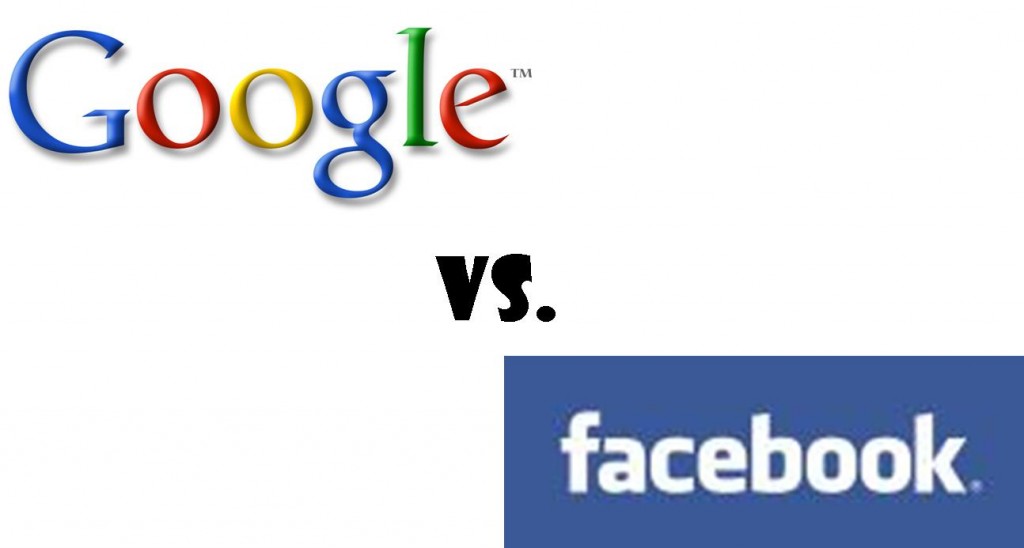Posts tagged SERP

Four Of The Most Common SEO Myths
In the changing world of search engine optimization, SEO, it takes quite a bit of working experience to truly understand how it all works.
The basic premise of SEO is pretty straightforward of course, it’s what web content writers use in order to make their websites more attractive to the search engines, most notably Google. The first point that needs to be noted is that many web copywriters do this ONLY for the ultimate purpose of driving traffic. This can be a big mistake, since visitors to your website who don’t “convert” – turn into sales (or votes, donations, etc.) – are pretty useless, aren’t they?
Interesting, compelling and persuasive web content is what supports the TRUE mission of your website, to improve the bottom line for your business.
Now that we have that critical, and often forgotten, point out of the way we can focus on the SEO benefits that your web content writing creates. Many people have tried to understand and explain how SEO works, but aren’t always correct in their assumptions. This can be attributed to the constantly changing nature of SEO, and which means that the article could be obsolete in a couple months, incidentally. But as of now, here are four of the most common SEO myths that you should know:
More Links Automatically Makes For a Better Ranking
Yes it’s obviously true that a website’s popularity and perceived importance as measured by links is used by the engines to determine its ranking. It shows that others on the web view this particular web content as valuable. However, if your site receives a link from another website which contains NOTHING but links (or close to it), search engines like Google will give these links less influence over the popularity factor of your site, and it won’t do much to improve your rankings. Sites that often fall into this category are those that ask you for reciprocal links, links back and forth between your two sites. And reciprocal links have little (no?) value to begin with; Google knows you are more than likely trying to game the system. The reason it’s impossible to know if there is any worth to these links? Google does not and will never share their algorithm for ranking websites, so we can never be exactly sure what nuances it contains.
Filling Your Site With Keywords And Phrases Boosts Rankings
Keyword stuffing, or using your desired keywords and search phrases an inordinate amount of times within your copy, actually did work “back in the day” – when search engines were less sophisticated and their algorithms weren’t optimized to detect web content quality. And folks did it then to game the system just like reciprocal links (and many other “black hat” ways to trick the engines), and some people still think it has value. But modern search engines like Google, Bing and Yahoo are now quite intelligent. They can verify your web content very much like a human does, and they are trained to identify spam and content that isn’t written with any sense of quality or coherent flow in mind. This is often the kind of content that you will get from foreign SEO companies that promise to throw your content up all over the web. When using these firms for your website content and more high profile outlets and sources, this also means that consumers who come across this content online will be associating its poor quality directly with your company and brands, by the way. But keyword stuffing can’t help to improve your page ranking these days. You should never sacrifice the quality of your content for it, most importantly when this content will be used directly on your own website.
You Can Be Penalized For Duplicate Content
Up to this day, many web content providers and online writers hold onto the belief that duplicate content can negatively affect your search rankings. This is actually a myth, one that we at Hat Trick Associates have exposed and discussed with you before. There is no penalty for duplicate content. But also know that the SEO value of content that is not unique to your site will also not HELP your SEO rankings either, or do so in a very minor way. So only use duplicate content if it actually advances your business goals; if the duplicate web content helps you close a sale then it’s worth the effort it takes to share it. Otherwise spend your time somewhere else.
PageRank Correlates Directly And Precisely With The Search Engine Results Page (SERP)
This is a common myth, but not true. PageRank and search engine results are two independent things. The Google Toolbar’s PageRank feature displays a visited page’s PageRank as a whole number between 0 and 10. The most popular websites have a PageRank of 10, the least have a PageRank of 0. Google has not disclosed the precise method for determining a Toolbar PageRank value. The displayed value is not the actual value Google uses so it can only be used as a rough estimate.
PageRank measures number of sites which link to particular page. The PageRank of a particular page is roughly based upon the quantity of inbound links as well as the PageRank of the pages providing the links. Other factors contained within the algorithm include things like the size of a page, how up to date the page is, the key text in headlines, and the words used for the hyperlinks – the anchor text.
The Search engine results page (SERP) is the actual result returned by a search engine in response to a keyword query. The SERP rank of a web page refers to its placement on the list of search results, where a higher placement equals a better SERP rank.
But the SERP rank of a webpage is not only a function of its PageRank, but also depends on a relatively large and continuously adjusted set of factors (over 200), commonly referred to by content writers and internet marketers as “Google Love”. Search engine optimization is aimed at achieving the highest possible SERP rank for a website or a set of web pages, not the highest PageRank.

Can Google Overcome The Dominance of Facebook?

It seems that Google recently put everything on its main homepage, except for Google Buzz. What’s up with that? They even put the PacMan game in their logo for two days running for heaven’s sake…so you would think that some of the brightest minds on the planet would have figured out by now that if Google truly wants to be the winner on the new web, they simply have to fully integrate all their programs into one homepage – or at least place Buzz right there side-by-side with the Gmail button.
Google wants to be your one-stop center on the web – as does Facebook – and Buzz has all the ingredients to finally make that happen. It could be THE place for sharing not just your conversations, but photos, videos, and everything else. Will it ever live up to its full potential, and become a true Facebook killer?
The main reason Facebook is such a serious threat to Google is not just because of the massive amount of users it has – but the amount of time those users stay on Facebook. If you look at only an Alexa comparison alone, Facebook users spend over 30 minutes on the site, which is three triple the time users stay on Google. Facebook also beats Google in pages viewed per user and bounce rate. Could all the recent changes to their SERPs be not only their answer to the upcoming marriage of Yahoo and Bing, but a strong way of presenting a real challenge to Facebook’s overwhelming statistics?
Truth be told, most web users are lazy, and they want a one-stop solution to meet all their needs. They want to connect with friends and family, they want to broadcast to the world, they want to search for something to purchase, they want to be entertained… Google could be that solution, but not until Google Buzz becomes a force.
The main problem with Google is that it has no well-defined center which users could call their own. I don’t think that most users have fully bonded with iGoogle. Putting any privacy issues aside, I don’t think they have embraced it in the same way most web users have embraced their Facebook pages. There needs to be one rallying point on Google, which seems to be a disjointed collection of undoubtedly fantastic services right now, and all the elements that are present in Google Buzz could be the answer.
For many web users, Facebook is the starting point of their web day. In many cases it’s probably the only place they go online religiously each day. Why? Because all their friends and family are there, and they don’t want to miss out on any news or gossip. In the new, evolving social etiquette, not checking your Facebook page has become the ultimate faux pas.
But before you say that no one is going defeat or compete with Facebook, not so fast! Even empires come and go; and a web site is even more fickle, especially when something more convenient comes along. Does anyone remember MySpace, which is still a very popular site, but has now assumed a completely different niche (music, entertainment) and no longer has the near the same numbers it once had. Facebook, or even Google could suffer the same fate if something better comes along.
Google’s main business has been and still is online search. It is Google’s bread and butter, which may have blinded those in charge from seeing the bigger picture. And a bigger payday.
